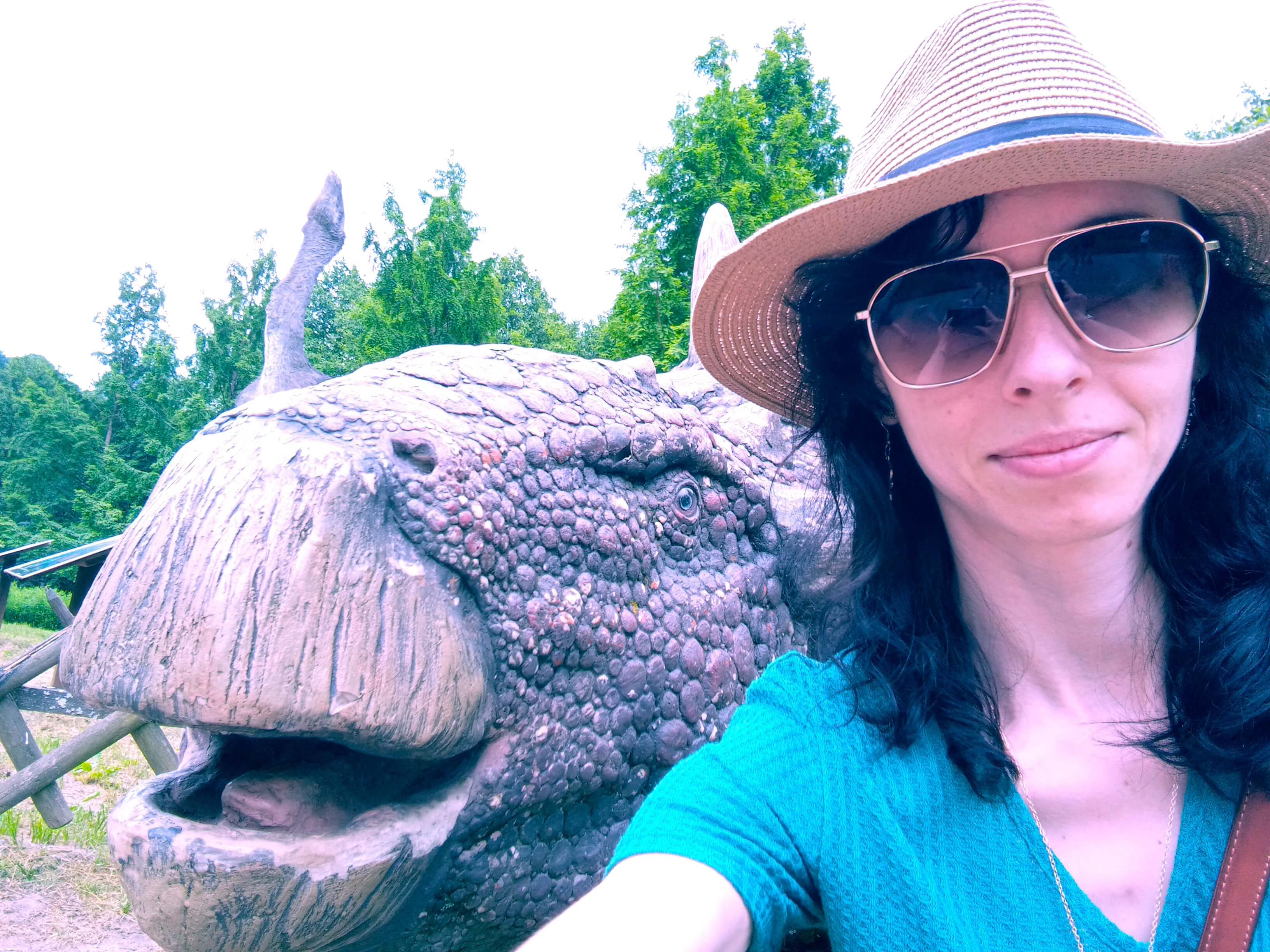Nonconsensual Gardening

This post is adapted from YNAB's twice-monthly newsletter, Loose Change.
The first known sighting of him was on a weekend morning, when my neighbor Tony looked out the window to his backyard and saw someone else mowing his lawn. He had white, bushy hair and was pushing a mower slowly through the tall, weedy grass that Tony had allowed to thrive, presumably owing to his poor moral character.
The nonconsensual gardener must have had it up to his shins with Tony’s derelict lawn, and with the rest of us, because Tony’s property was only the beginning. The awkward thing about it was that the man mowing the grass was his next-door neighbor, Ron. (The names have been changed as the following incidents have not been proven in a court of law, only discussed with great amusement in hushed conversations on the block.)
Ron had been spreading his opinions about the state of our neighborhood’s homes and gardens for a couple months now. As he strolled down our quiet, stone-walled street one morning with his shih-tzu and mug of coffee, he pointed at the house with flaking paint across the street from me and told the homeowner that it “looks like trash.”
I braced for my own indictment. I had patched up a number of woodpecker holes on our red cedar and not managed to repaint the patches red. And was I harboring weeds on the rock wall right in the path of Ron’s morning inspection? Yes I was.

Predictably, Ron’s low opinion of our yards turned us all against him. I got into imaginary arguments with him where I’d point to all the things I was trying to keep together in my life—the kids! My job! Listening to podcasts about AI! Invasive garlic mustard wasn’t at the top of my list. I felt like someone frantically scooping water out of a boat while at the same time being berated about the paint job on the hull.
Except Ron never said a word to me about my house, and he never pulled a single patch of weeds (regrettably). Once after getting in a dust-up with a neighbor, he asked me whether he was being unreasonable. He told me how when he was growing up in northern New England, everyone took great pride in their lawn and home. Why was that so hard for people to do now?
I started answering as if it were a Planet Money episode: there are about twice as many double-earner households now than there were in the 1960s, which means adults spend more time working and less time tinkering at home. Housing has become dramatically less affordable…
All true, but still I was unswayed by my own explanation. It didn’t change the fact that I did want to be greeted by flowers every time I walked to my front door. I began feeling nostalgic for a time I never grew up in!

While Ron’s tactics are controversial (yet still totally welcome in my yard), he got me thinking about the complicated ROI of curb appeal. There are so many bad motivators for having a charming exterior, like keeping up with the Joneses and America’s obsession with lawn care, for instance. Yet, there are noble and rewarding reasons as well.
When we lived in Brooklyn, right next to a roaring highway, my wife kept some large potted plants outside our building’s front door. It would’ve been easy to just surrender to the pavement and noise, no decorations required. Friends later told us that the purple winter cabbages were a welcome relief for the eyes when walking their kids to school.
Beauty, even if it’s just a potted plant, interrupts that treadmill quality of our lives and can be a welcome refreshment from scooping water out of a struggling boat. Still, the nonconsensual gardener has made me question this beleaguered sense that I don't have enough time or money to make my house more beautiful. Maybe he's right, maybe he's out of his mind. Either way, he has planted a seed of doubt about how I should spend my money and time. It's not often you get a passionate psychological shakeup in the suburbs. Thanks, neighbor.
Try YNAB for Free for 34 days and never worry about money again.
Good With Money: A Look at Real YNABers

Anna is a writer, game designer, and aspiring YNAB YouTuber living in Finland who sent us a note about the spendful life she’s been designing for the last several years.
Three years ago, I didn't expect to ever have money. It was always scarce, and when it wasn't, it was wasted.
Both my partner and I are freelance writers and game designers, and our income was very unreliable, especially with long projects we were working on. We had a mortgage already, but the house we have is small and so were the payments (around €350/month). And yet, there were times when we could barely afford even those! In October 2020, we had barely €500 to our collective names! Careful YNABing helped us to survive the rocky road without terrible trouble.
But then, in Autumn 2021, a project I was working on for years finally paid off. Between YNAB and dozens of hours spent on personal finances channels, I managed to pretend that the €150,000 windfall never happened in our personal lives. Instead, we opened an LLC, invested about a third of that money in the stock market, and started paying ourselves only small salaries (below Finland's median income). The family (we have two kids under 10) was buckling a bit at the idea of imposed limits, but I think they'll be ultimately happy.
Over the last two years:
- We renovated the small house, including a total overhaul of the heating system from oil to air heat pump and solar panels.
- We visited our families abroad on a fully funded, 16-day trip.
- We switched to working on just our in-house projects, without having to rely on commission work for clients.
And now, we have just found a perfect 'forever' house, and we have enough money saved and invested to make the down payment and cover all the taxes and expenses.
Anything else to share?
I'm autistic, and thanks to YNAB, personal finance became my new special interest. I'm considering starting a YouTube channel with advice for neurodivergent folks on handling home finances and navigating budgets. [Editorial note: Do it, Anna!]
We’re about to start saving and investing for the kids' future! We live in Finland, so they need no college funds, but I want them to avoid the poverty I went through.
Top financial dream?
Financial freedom. With my line of work, I don't plan to ever retire, but I want to never have to worry about money.

.svg)
.png)







.png)
.avif)







